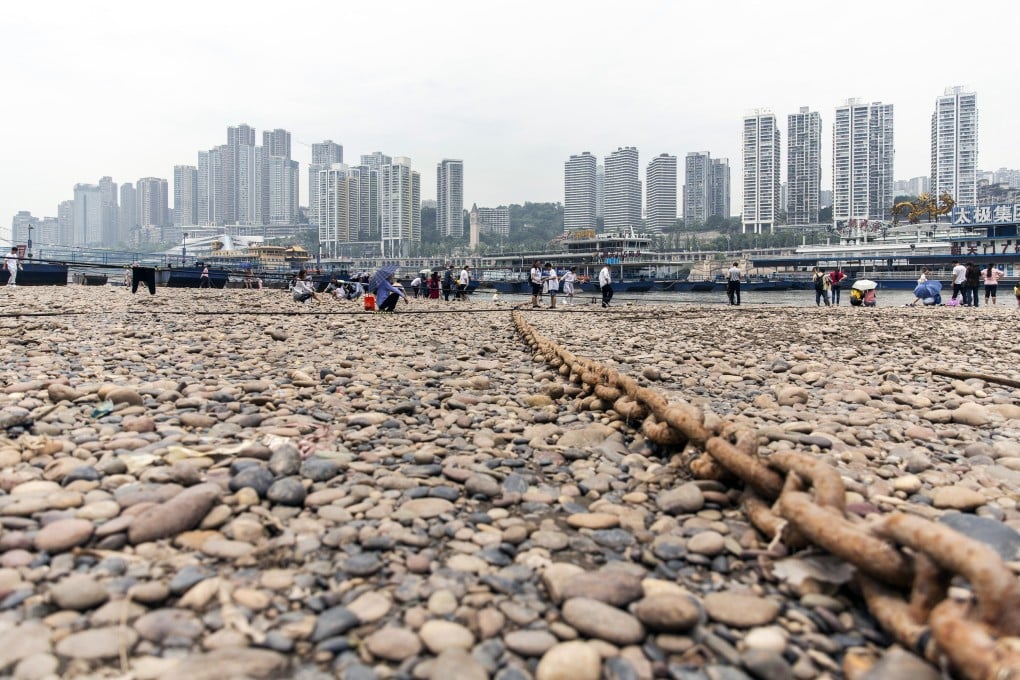My Take | Suppose both China and the US are in decline …
- There is plenty of data out there that would paint a pretty grim picture of both countries; and coupled with their belligerence, they are, together, the real problem for the rest of the world

Economics has been called the dismal science. That’s an undeserved reputation. Rather I think political science is the undisputed dismal science. First of all, it’s really not a science. It’s a subject wherein once you have taken a political or ideological position, you can amass any evidence and facts to explain, support and justify it. We all do that in our personal and professional life, so how is that sort of self-justification/rationalisation “science”? Perhaps only with more graphs and statistics, and occasionally with a few meaningless maths equations thrown in.
I was led to this bitter train of thought after someone emailed me a new article, “China Is a Declining Power – and That’s the Problem”, in Foreign Policy. Please note I am not upset because my inner Chinese patriot is offended by the claim. Frankly, it may well be the case with China today, or not. I just don’t know. What really frustrates me is that the authors, both American political science profs, of course, are arguing against other political scientists, who argue “China is the rising power – and that’s the problem”. (Sorry, I summarised the last bit, but I think that’s the gist.)
So, is China rising or falling? Political scientists, especially in the United States, can’t seem to agree. But what both schools seem to think is that China is the problem for the US, and the world in general. In that case, maybe it’s just something intrinsically bad about the Chinese, regardless of the trajectory of their national progress?
The two authors, Hal Brands and Michael Beckley, are of course, targeting the Thucydides Trap idea, popularised by Harvard political scientist Graham Allison, but more respectably called “power transition theory” among academics.
A rising power and a declining power make a bad combination for international peace. One side demands recognition, the other side respect. One wants to upset the existing order, the other wants to maintain it.
“The danger of war will skyrocket as a surging China overtakes a sagging America,” the pair wrote, summarising Allison. “As tensions between the United States and China escalate, the belief that the fundamental cause of friction is a looming ‘power transition’ – the replacement of one hegemon by another – has become canonical.”
